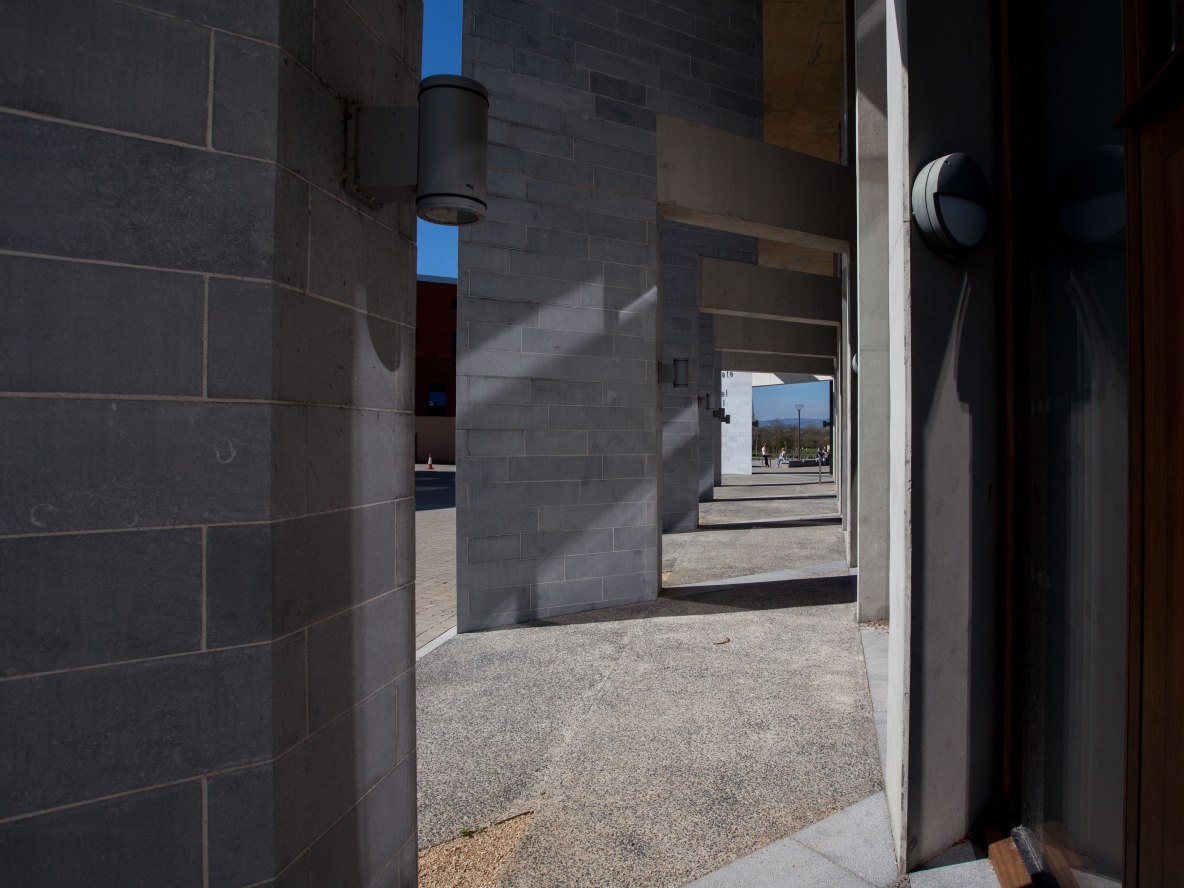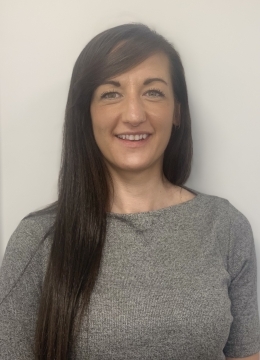
A researcher at University of Limerick has received funding to examine new lung cancer treatments.
Dr Catríona Dowling, a lecturer in Biomedical Sciences at the UL School of Medicine, was awarded funding for her project as part of the Health Research Board-Health Research Charities Ireland (HRB-HRCI) Joint Funding Scheme, which was announced this Monday.
The HRB announced a €3 million total investment in the scheme for 15 projects, which will see it fund alongside the HRCI internationally competitive, innovative and impactful patient-focused research for the people the charities represent.
Dr Dowling was the lead applicant with co-funding charity the Irish Cancer Charity on the project ‘Combining HDAC6 inhibitors with KRAS inhibitors for the treatment of Non-Small Cell Lung Cancer (NSCLC)’.
Dr Dowling explained: “Globally, lung cancer contributes to more cancer deaths than any other type of cancer. While we have witnessed some improvements for lung cancer patients, the outcomes and treatment options for the majority remains poor.
“One particular type of lung cancer called non-small cell lung cancer (NSCLC) accounts for 85% of all cases of lung cancer. Metabolism is the way in which our cells make energy and cancer cells have developed efficient ways to boost their metabolism and stay alive. We have discovered that a protein called histone deacetylase 6 (HDAC6), plays an important role in maintaining this metabolic boast in NSCLC.
“Patients with NSCLC also have well defined genetic changes. One such change that is well studied in lung cancer is a protein called KRAS. Excitingly, new drugs have been developed to help NSCLC patient that have changes in KRAS.
“We believe that using these new drugs together with drugs that stop HDAC6 from working, could prove useful for these NSCLC patients. In this project, we will test the benefit of combining both these drugs for the treatment of NSCLC; providing a new therapeutic option for this aggressive type of lung cancer,” Dr Dowling explained.
This marks the eleventh funding round of the scheme since 2006, with 151 awards made to date, representing a total investment of €25 million.
Speaking about the scheme, Dr Mairead O’Driscoll, Chief Executive of the HRB, said: “We are proud of the HRB’s longstanding support of this unique scheme which underpins a wide range of research relevant to Irish charities. It demonstrates the HRB’s strong commitment to putting people at the heart of everything we do and is particularly beneficial in supporting research into rare diseases, which affect at least 300,000 children and adults in Ireland.”
Also speaking about the scheme, Dr Avril Kennan, CEO of HRCI, said: “We are honoured to work with both our member charities and the HRB to enable research with such a strong focus on making an impact for people. The exciting projects that have been funded are about improving the lives of people with cerebral palsy, cystinosis, arthritis, brain tumours, epilepsy and other challenges that so many families across the country are affected by. There is no other funding scheme like it internationally.”
Dr Anne Cody, Head of Investigator-Led Grants, Research Careers and Enablers at the HRB, said: “The HRB-HRCI Joint Funding Scheme is particularly notable for its strong ethos of public, patient and carer involvement (PPI) in research, which chimes with the activities of the participating charities and the HRB. Indeed, it was the first HRB funding scheme to include PPI reviewers on the grant assessment panel. This further ensures that research funded by the HRB is relevant to patients and the public.”
The 15 successful applicants were chosen following a rigorous selection process. Each participating charity carefully chose the most relevant applications of the highest scientific standard to submit to the HRB. This was followed by a HRB eligibility check and a review by a joint selection panel of international experts and PPI representatives.

Dr Catríona Dowling, lecturer in Biomedical Sciences at the UL School of Medicine